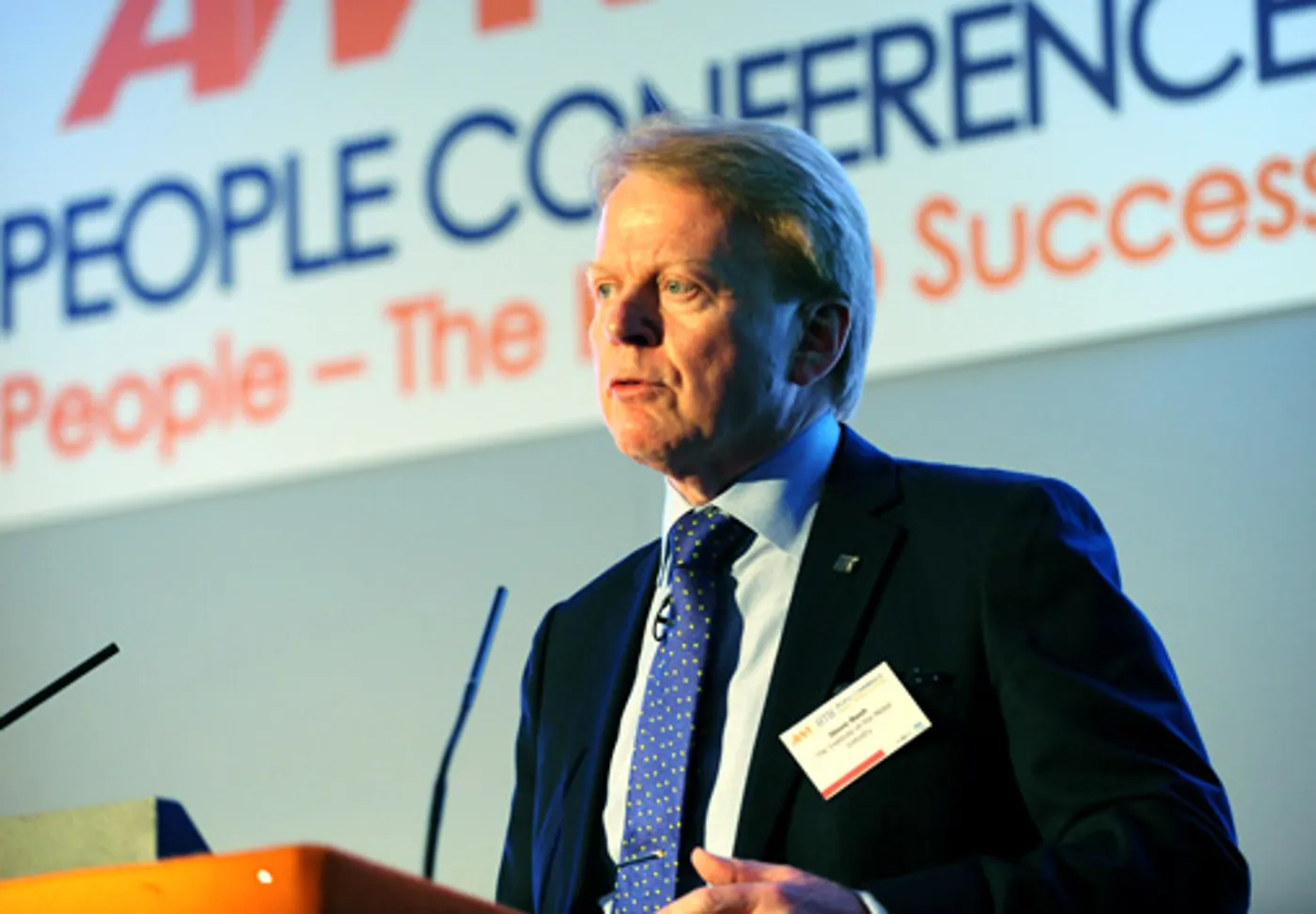Four in five delegates at the AM/IMI People Conference voted in a poll for motor industry professionals to be licensed. Steve Nash said this is an issue about professional versus non-professional.
“Those who get it understand you need to invest in people. The true downgrading of our sector is by people who don’t want to invest in people and professionalism,” he said.
Nash said the UK motor industry spends £100 million a year on training, of which £40m is on non-technical training including management development. He asked if this was a good use of resources and whether it was a sound investment.
The IMI has worked hard to establish industry-wide accreditation, through Automotive Technician Accreditation, Automotive Management Accreditation, and a publicly searchable professional register of 40,000 qualified people.

'The true downgrading of our sector is by people who don’t want to invest in people and professionalism' -
Steve Nash – Click quote to tweet
Such initiatives enable consumers to have more confidence in accredited motor industry workers, and also help dealers to employ skilled people rather than take a gamble.
Nash said there are good natural operators in motor retail, but it raises the question of how much better they could be after training for a professional accreditation.
Less than 1% of the skills and competence–based training is attended by dealer principals. That has to be addressed, said Nash. In addition, only 15% of industry managers are formally qualified.
He said the IMI has a role to play in attracting talent to dealerships. Its website includes a World of Work section, which explains and promotes the job roles within dealerships.
An equally important role is to provide educators with a better message than the one they’ve always received.
♦ View images from the conference here
IMI has curriculum-orientated lesson plans and practical tools available for teachers, and Nash is involved in judging school projects. A big problem is in getting teachers and parents to aspire to their children working in the sector and the IMI is working on sector-wide recognition and defined career paths that demonstrate why a motor industry career is an alternative to higher education.
Nash said in other sectors, 58% of starters are graduates on average. In the motor industry, it’s 17%. That reflects a traditional meritocracy in the industry, he said, where the likes of Trevor Finn started out as an apprentice and now run a huge group. But there’s a danger in a lack of change.

















Login to comment
Comments
No comments have been made yet.